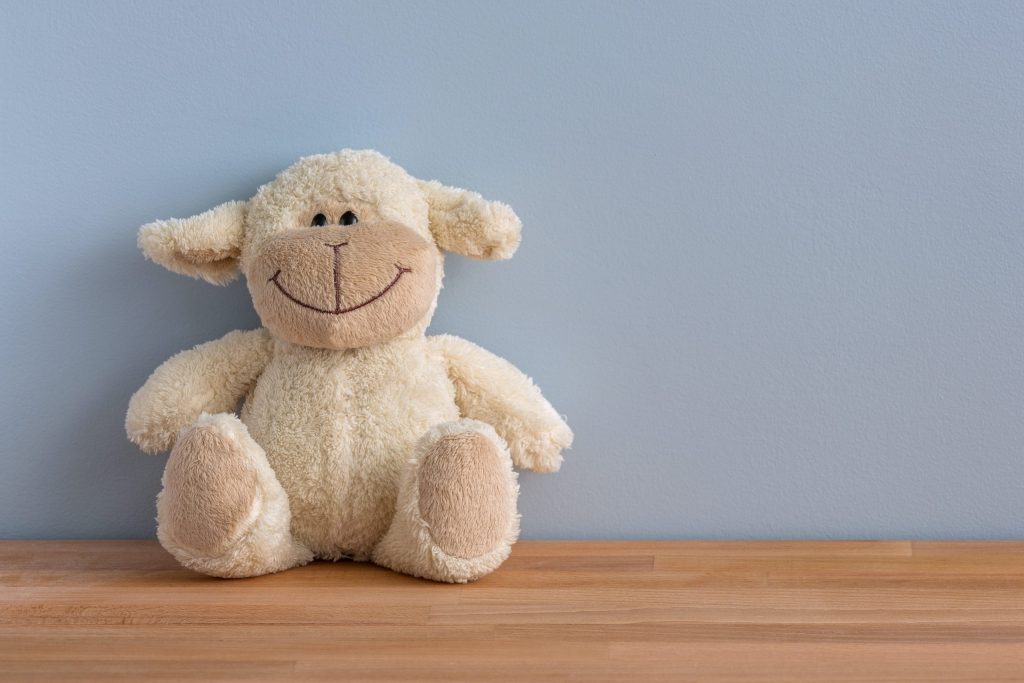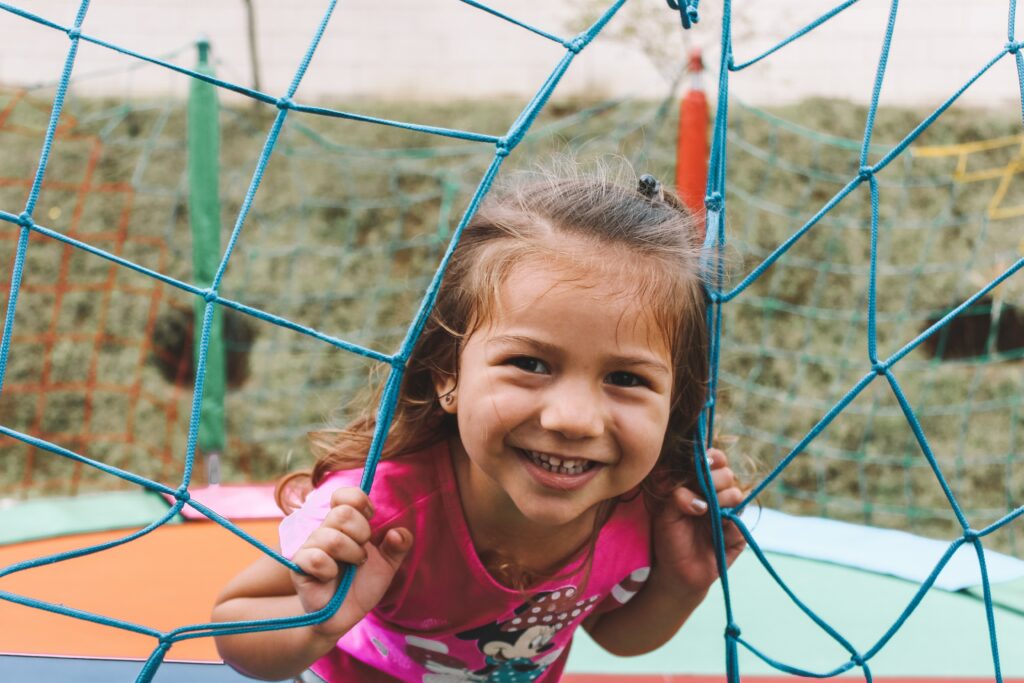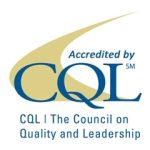Behavioral Interventions

Trauma-Informed ABA Therapy
Applied Behavioral Analysis (ABA) is historically considered the clinical gold standard for understanding and changing behavior over time. Though ABA has been broadly utilized since 1968, the professional practice of ABA has evolved over time.
MAC now uses Trauma-Informed ABA therapy as the foundation of our treatment planning. This compassionate approach focuses on the comfort of our clients, listening to those closest to the client, and keeping their needs as the focus of treatment. Components of Trauma-Informed ABA include acknowledging known and unknown trauma and its potential impact on the learner, ensuring safety and rapport, promoting choice and shared governance, and a heavy emphasis on skill building and cooperative learning as opposed to compliance. Over time, clients learn communication, tolerance and appropriate replacement behaviors. In addition, our treatment plans are peer reviewed with a full Quality & Assurance team.

Positive Behavior Intervention Support (PBIS)
Positive Behavior Intervention Support is an evidenced-based framework for supporting the social, emotional, behavioral, academic, and mental health success of children. The focus of PBIS is prevention of unwanted behaviors, not punishment.
PBIS teaches and reinforces positive behavior strategies and uses consistent language to talk about appropriate expectations with consistent and clear positive reinforcement.
In addition to our broad adoption of PBIS, MAC also employs a clinical professional team called POST (Positive Outcome Support Team) to assist with positive intervention planning when significant challenges are present.

Safety-Care
Safety-Care combines the most effective elements of ABA Therapy and Positive Behavioral Intervention Support to eliminate the use of restraints and provide increased dignity and safety for both our staff and clients.
Safety-Care can also be taught to families experiencing challenging behaviors at home and in other settings as part of our Family Skills Programs.

Family Skills Programs
“We improve the lives of people in our care affected by autism”- MAC Mission.
This is most successful when there is consistency between care settings, both at MAC and beyond.
We provide Family Skills training that allows families to learn key ABA, PBIS, and Safety-Care methods they can incorporate anywhere, helping reduce challenging behaviors even when MAC professionals are not around. This is a key element of effective therapy as it helps families carry over the skills their loved ones learn at MAC into their everyday environments.
Family Skills can be done in our centers, virtually, at home, or on-the-go where challenging behaviors are most common, such as the grocery store or playground.


